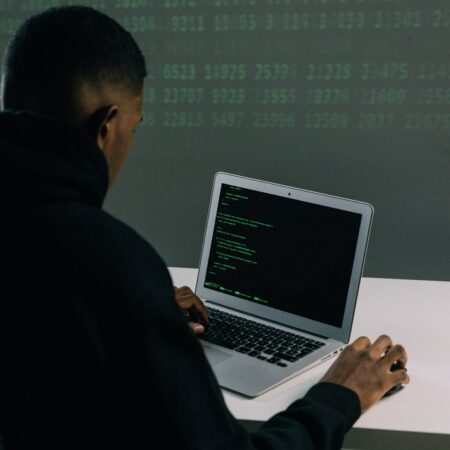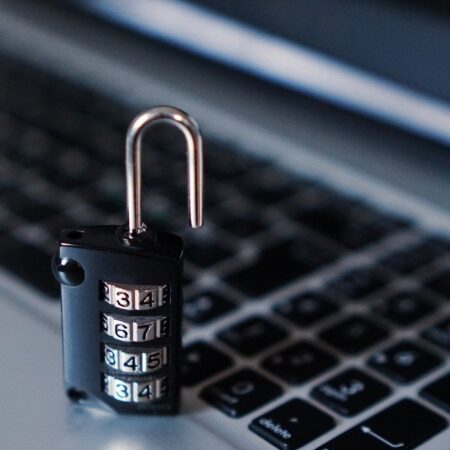The fight against encryption

Last time we talked about who and where is the most active in the fight against end-to-end encryption. One of the “leaders” in this process is the UK structures. But they are not alone in their endeavors, and today we will discuss the experience of their “colleagues” from other countries.
“Upside down”
Australia is to some extent moving ahead of all other countries. There, a law imposing restrictions on work with end-to-end has been in effect since 2018. Local companies that own messengers and other IT products are required to provide decrypted data at the request of law enforcement officers. If they do not have such an opportunity, they must find an option to provide access – in fact, implement something like a backdoor.
In addition to influencing the activities of companies, the law also extends to citizens – for example, it gives Australian police officers new powers. They may require suspects to unblock their personal mobile devices and examine the correspondence. For refusal to assist, criminal punishment is threatened. However, law enforcement officials say that criminals have become more likely to cooperate with the investigation, which makes it possible to solve crimes faster.
The requirements for the information disclosure mechanism are still being clarified – the country’s Ministry of Internal Affairs is still discussing options for implementing MITM with representatives of the IT industry – and it is not yet known when any technical regulations will be approved.
At the same time, this criticism from human rights organizations and some government agencies continues. The former Prime Minister of Australia and one of the initiators of the “anti-encryption” law also spoke in support of the encryption technology. It seems that he changed his mind about end-to-end and said that here we can talk about protecting the country’s infrastructure from backdoors in the hardware of foreign vendors.
Given these developments, there is reason to believe that some aspects of Australian law restricting E2E may be revised. But it is not known in which direction.



